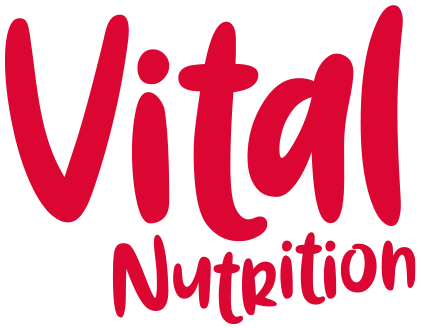Nutritional Tricks and Treats
Get ready for the onslaught of sugar as the annual trick-or-treaters get ready to do the rounds in a quest to load their little swag bags with whatever sugary treats you have to hand. A few years ago I tried to keep a slightly healthier balance by offering clementines alongside the sweeties to the little witches and wizards who frequent our doorstep, only to be left with more wee oranges than I could eat at the end of the haunting season! I have learnt my lesson!
Good nutrition is a game of balance. If we can pack our diets full of nourishing, unprocessed, healthy foods, there is room for a little treat every now and then.
Of course, there are plenty of tricksters out there who do their best to convince us that the food they are trying to sell us is the answer to all our health, weight or nutrition woes. Food labels can be confusing, or even misleading, and it can be tricky to make sense of all the nutritional messages coming our way. So, as we get ready for the annual Halloween festival of fun, I thought I would help to explode some of those myths to help you make better choices in your food shop.
The Label Trick
If your labels say less sugar, no added sugar or reduced sugar, they can still be high sugar! These are marketing terms, not legal terms and while they may be tempting, they don’t always mean a healthy choice.
Treat: Look for the words ‘low sugar’. This is the only guarantee that your choice has less than 5g sugar per 100g, meaning it definitely is a low sugar choice.
The Protein Trick
Everywhere you look there are protein fortified foods. From yoghurts and chocolate bars, to drinks and breakfast cereals. While a little more protein may help support healthy weight loss, by making you feel fuller for longer and regulating your appetite, a closer look at many of these foods reveals an ingredients list that reads like a chemical experiment. Many of these foods are loaded with high sugar content and refined carbs. If there is one thing for sure, it is that a high sugar diet is bad for our health, and our waistline.
Treat yourself to a better protein choice: choose natural yoghurt, add some nuts and seeds to breakfast or have a slightly bigger portion of your eggs, meat, pulses, fish or chicken at main meals.
The Milk Trick
With more emphasis on making dietary choices that are good for our health and the planet, there has been a move towards plant milks as a healthier alternative to cow’s milk. In reality, most of these milks provide very little nutrition compared to semi-skimmed milk.
Treat yourself to cow’s milk (choice organic for a better environmental choice), or if you prefer plant-milks, then opt for oat milk or soya milk. Check the label to make sure it has minimal ingredients. I like Plenish or Rude Health.
The Low Cal Fat Spray Trick
One cal cooking oils like Fry Light have ingredients that include: Olive Oil (just 51%), Water, Alcohol, Emulsifier: Lecithins, Natural Flavouring, Thickener: Xanthan Gum. I don’t know about you, but I would prefer to cook with something that contains less of these unnecessary ingredients, and that is more likely to be good for my health.
Treat yourself to a bottle of extra virgin olive oil. It is safe to cook with and can be heated to 220C without causing any damage to the oil. It also works out much better value (70p per 100ml compared to £1.45 per 100ml), so is better for your budgeting too!

